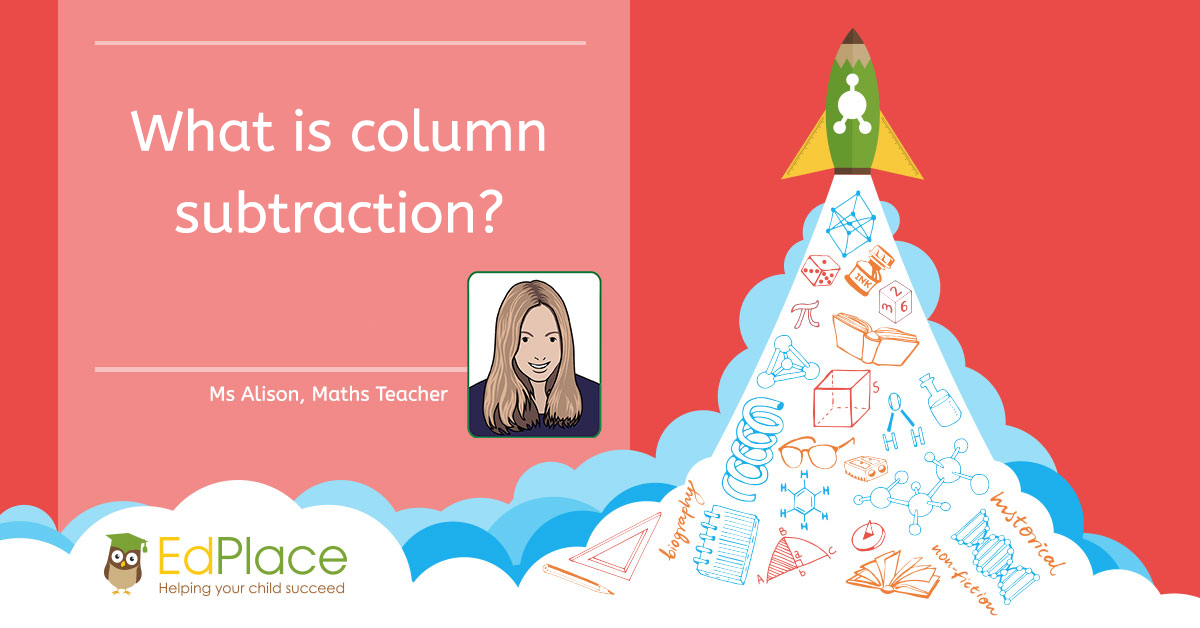- Year 1
- Year 2
- Year 3
- Year 4
- Year 5
- Year 6
- Year 7
- Year 8
- Year 9
- GCSE


EdPlace offers thousands of interactive learning resources from year 1 to GCSE, made accessible for children with SEND. We’re here to help support your child through their learning journey. We understand that finding the type of support your child may need can be daunting.
Mandy, our Head of SEND provides a generalised overview on some of the most common questions when it comes to supporting your child’s education.
Please note: It’s important to remember that each diagnosis is unique to the individual. There are personal, LA and regional differences in diagnostic routes and available interventions.
If you’re concerned your child has symptoms of Dysgraphia, and you wish to pursue a diagnosis and/or access help, you should seek professional advice from your GP, Health Visitor or SENCo to ensure you’re referred to the correct services in your area.
Dysgraphia is the condition of impaired writing by hand.
Below are some points as a synopsis of the route to a Dysgraphia diagnosis, from the International Dyslexia Association and Understood.org
For detailed and specialist advice visit www.understood.org/en/school-learning/evaluations/types-of-tests/types-of-tests-for-dysgraphia
Some behaviours and symptoms that you may see in a child with dysgraphiaEvery individual will have their own unique set of natural abilities, difficulties and experiences within a diagnosis.
You may notice your child struggles with:
Dysgraphia Superpowers
We think it’s time to shine a light on the positive traits and strengths, and champion each individual’s differences!
People with Dysgraphia have their own personal attributes and skills on top of Dysgraphia superpowers, such as resilience and creativeness! Constantly trying new strategies that may help, and thinking of creative ways and ideas to apply yourself are fantastic attributes to have.

Additional support
EdPlace educational resources supports students with dysgraphia
All of these features can help your child with dysgraphia to engage in learning, discreetly using their personalised preference to help them reach their full potential.
Our blog posts give practical advice, offer simple strategies to help guide activities, and provide information on different talking points relating to Special Educational Needs and Disabilities.

Helping students with special needs …

EdPlace's Accessibility Toolbar can help with... &nbs…

New features now make online learning more accessible for SEND students Today is an exciting …

What is column subtraction? Subtraction is simply taking away one number from another. When the numb…
Access thousands of Dysgraphia friendly resources
"Brilliant. I home educate my son who has autism and this website has made him actually enjoy learning and everyday he is always telling me he can't wait until he sees all his work at 100%, which he is very close in getting after only a month of being on it. Worth every penny, thank you EdPlace." Joanne Holben
"Since using EdPlace I have noticed my son's confidence in maths and English. I am so happy that I found this website and would recommend all parents to use EdPlace for their children." Fay
"Great platform, I saw a dramatic improvement in my son's progress within as little as a month." Ellie Storey
"I am so pleased I came across EdPlace, invaluable, and easy to navigate. Great value for money. A great asset." Jenny H
We're your National Curriculum aligned online education content provider helping each child succeed in English, maths and science from year 1 to GCSE. With an EdPlace account you'll be able to track and measure progress, helping each child achieve their best. We build confidence and attainment by personalising each child's learning at a level that suits them.
Try a sample worksheet



